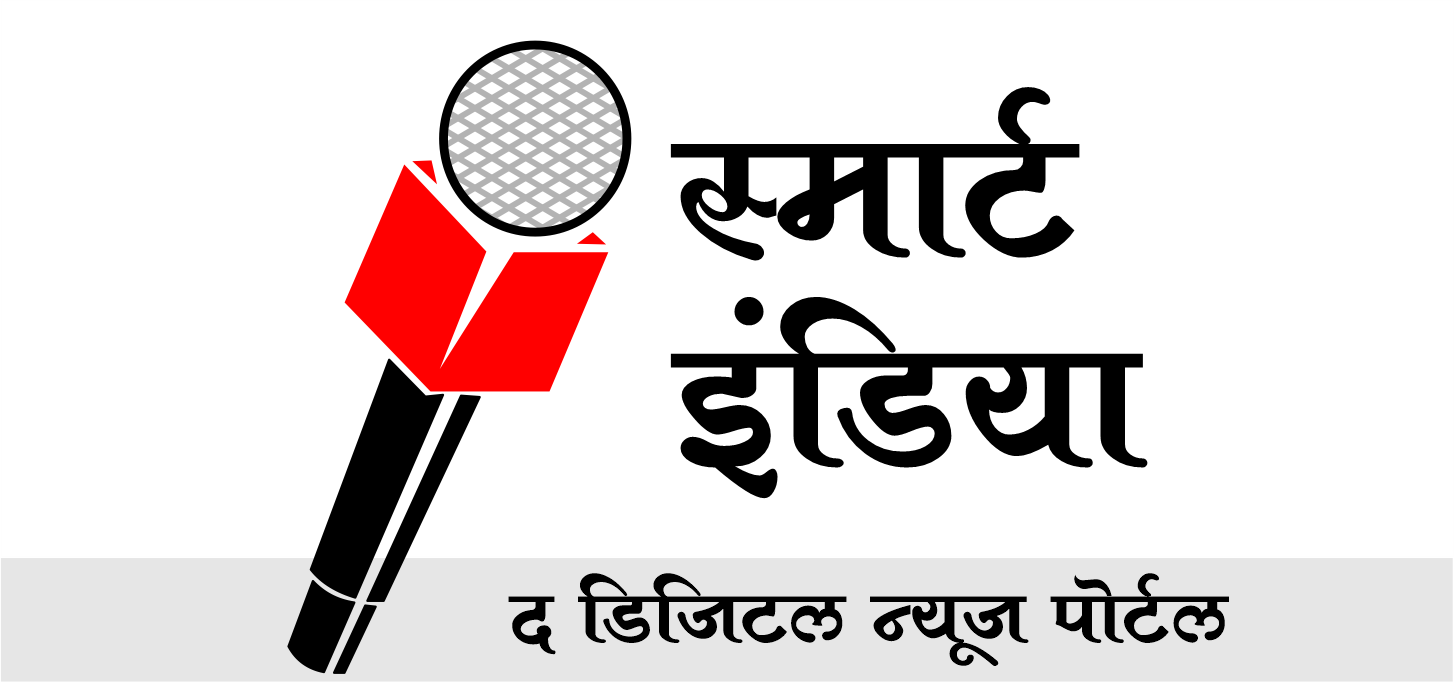The Supreme Court’s decision upholding the 10% reservation for the Economically Weaker Section was hailed by almost all political parties — which isn’t surprising because most supported the constitutional amendment at the time of its passage in Parliament in 2019.
The Bharatiya Janata Party on Monday said the court’s verdict proves that the Narendra Modi government’s decision to amend the Constitution to offer quotas to the poor and the deprived was well thought of and constitutionally valid. The Congress sought to claim credit for the quota and said its background work to implement this when it was in power helped.
It also reiterated its demand for an updated caste census. However, a Congress leader, Udit Raj struck a discordant note when he tweeted that the Supreme Court has an “upper caste mindset”.
The DMK, which opposed the amendment in Parliament, and which was party to the case in the Supreme Court, termed the decision a “setback” to the fight for social justice and said it will consult lawyers.
On Monday, a five-judge constitution bench, by a majority of 3:2, upheld the validity of the Constitution’s 103rd Amendment Act which provides 10% EWS reservation in educational institutions and government jobs.
BJP leaders maintained the EWS quota, announced in 2019 January, was not intended to dilute the existing caste-based reservation, but to offer help to those who did not have the means of pursuing education and needed help securing their future.
In 2019, months before the General Election, the union government announced a 10% reservation in the EWS category in central government jobs and admission to educational institutions, over and above the existing 50% reservation for SC/ST/OBC categories extended by the state governments.
The bill—103rd Constitution Amendment Bill — was supported by a large section of Parliament except for Lalu Prasad’s RJD, DMK and the Aam Admi Party. DMK and the AAP had walked out of Rajya Sabha when the bill was passed.
BJP general secretary (organisation) BL Santhosh tweeted, “Supreme Court upholds the legality of EWS reservation for unreserved sections. Another big credit for PM Narendra Modi’s vision of Gareeb Kalyan. A big boost in the direction of social justice.”
Addressing the media, party spokesperson Gaurav Bhatia said, “The Supreme Court’s decision to uphold the 103rd amendment to the Constitution that talks about reservations for the poor, the deprived and the under-privileged put a constitutional stamp of approval on the decision taken by the Narendra Modi-led government.
The SC has held that the said amendment is constitutional and also reflects the vision of the PM to empower the poor and ensure there is social equality of status,” he said.Bhatia said the decision is historic because it does not take away from the existing rights of the OBCs and the SCs.
While the BJP has redoubled its outreach among the OBCs and the Scheduled Castes and Scheduled Tribes over the past eight years to increase its presence across the country and to widen its support base, the party has been mindful of the resentment among the so-called upper castes that feel politically alienated.
The announcement of the quotas itself was seen as an attempt to placate the upper castes after the Bharat Bandh protests of 2018 when massive protests and violence broke out across the country against changes in the Scheduled Castes and the Scheduled Tribes Prevention of Atrocities Act (PoA) by the Supreme Court, which was later countered through the legislative route.
The BJP has maintained that the quota is aimed at empowering the economically weaker sections who do not benefit from the caste-based reservation.
In a statement, Congress general secretary for communication Jairam Ramesh said the party “welcomes” the SC judgment but added, “The Amendment itself was the result of a process initiated by Dr. Manmohan Singh’s government in 2005-06 with the appointment of the Sinho Commission that submitted its report in July 2010.”
Major general SR Sinho (retd) headed the Commission for Economically Backward Classes set up in 2006 to identify criteria for identifying EBCs. The panel submitted its report in July 2010.
“Thereafter, widespread consultations were held and the Bill was ready by 2014. It took the Modi Sarkar five years to get the Bill enacted. It also bears mention here that the Socio Economic and Caste Census was completed by 2012, when I myself was the Union Rural Development Minister,” he said.
This census data was not released. The Congress leader also demanded that the government should clarify its position on an updated caste census, which the Congress party supports and demands.












